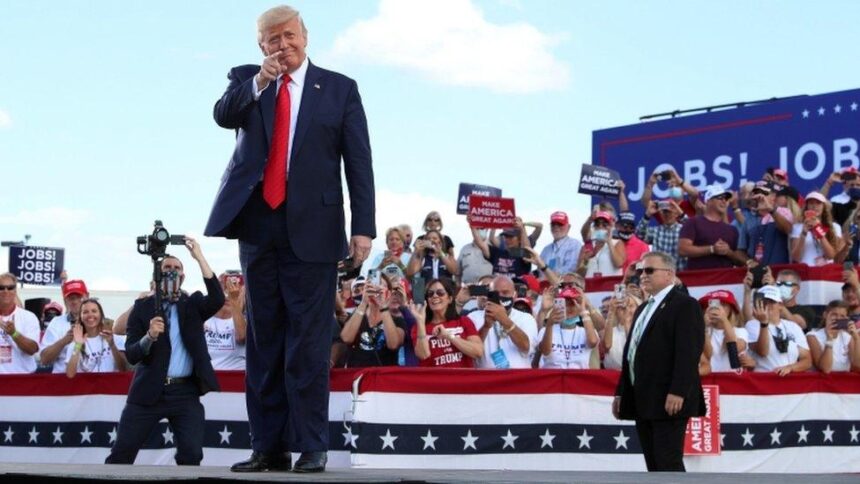In 2024, China is on a diplomatic charm offensive, seeking closer ties with countries like Japan, India, the UK, and Australia. As U.S. elections loom, Beijing aims to stabilize relations and counter economic pressures.
China’s Diplomatic Charm Offensive in 2024: Strategic Relations with Global Powers
As the 2024 U.S. presidential election approaches, China is implementing a diplomatic charm offensive, strategically strengthening relations with key global partners. Beijing’s outreach, aimed at managing economic challenges and diplomatic tensions, marks a shift from the more combative diplomacy seen in past years.
Renewed Diplomatic Ties: Japan, India, and Beyond
China’s charm offensive includes various nations, notably U.S. allies. From improving relations with Japan to brokering new agreements with India, China is working to reset its diplomatic agenda.
Japan: China recently expressed interest in a “fresh start,” signaling potential trade cooperation as both countries ease restrictions.
India: Following a four-year standoff, China and India reached an agreement on patrolling their contested border, demonstrating a significant diplomatic breakthrough.
These diplomatic shifts signal Beijing’s broader strategy to stabilize relations, particularly with countries impacted by U.S. trade policies.
“Beijing is looking for friends and partners amidst any Trumpian chaos,” noted Richard McGregor, senior fellow at the Lowy Institute in Sydney.
Economic Pressures Fueling China’s Charm Offensive
Amid rising trade barriers and potential U.S. tariffs, China’s economy is struggling, with the slowest growth rate since early 2023. China’s outreach to nations like the UK and Australia reflects its need to strengthen trade ties to counterbalance economic uncertainties. Improved relations have already shown benefits, as seen in the 35% increase in Australian wine exports to China this year.
Strategic Benefits of China’s Diplomatic Outreach
China’s charm offensive could provide greater economic resilience by improving trade channels and buffering against escalating U.S. and EU trade tensions.
Australia: The recent export increase in wine from Australia to China illustrates the economic benefits of smoother relations.
Japan: New agreements around seafood exports could open additional trade avenues after a nuclear wastewater-related ban.
Chinese diplomatic moves may position the country to maintain influence in the Asia-Pacific while facing potential challenges in U.S.-China relations.
Long-Term Diplomatic Implications and U.S.-China Relations
Although China’s diplomatic strategies are impactful, they are unlikely to change its core policies, particularly on contentious issues like Taiwan or the South China Sea. While U.S. National Security Adviser Jake Sullivan acknowledged that China seeks to manage these sensitive times responsibly, the U.S. remains vigilant regarding its strategic interests.
“Given its domestic economic challenges and a desire to woo foreign investment, it’s unsurprising Beijing is trying to smooth ties with key neighbors,” said Ja Ian Chong, professor at the National University of Singapore.
Looking Ahead: China’s Charm Offensive and the Global Economic Landscape
China’s diplomatic efforts could pave the way for smoother trade relations. In addition, the upcoming global summits in Latin America, such as the Asia-Pacific Economic Cooperation (APEC) and the G20, will offer further insights into how China’s diplomatic strategies could shape economic alliances worldwide.
Sources: Lowy Institute, Center for China and Globalization, Bloomberg, CCTV




